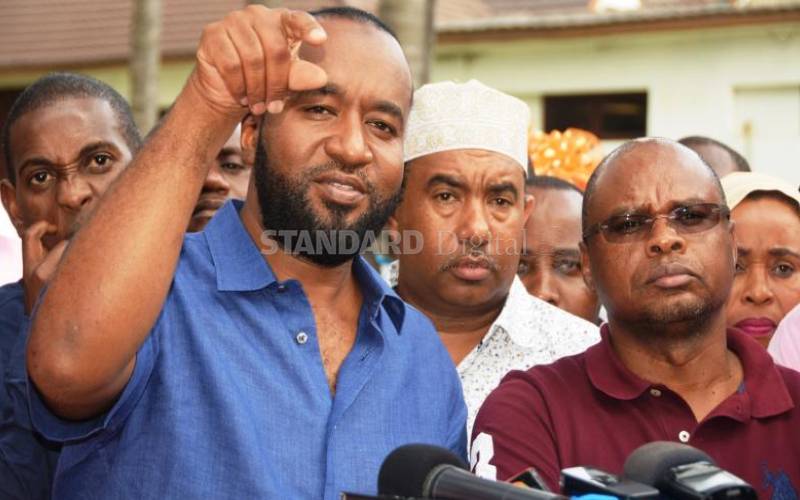×
The Standard e-Paper
Stay Informed, Even Offline

The election campaign is here and Coast voters have an opportunity to chart their destiny and free themselves from dependence shackles. A new breed of ‘messiahs - Mombasa’s Hassan Joho and his Kilifi’s Amason Kingi - is promising salvation, clothed in new parties.
This is a well-beaten path, for in the past coastal region has had leaders who came in the name of freeing locals and even contested the presidency.